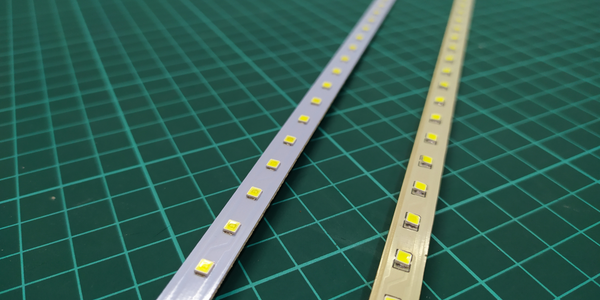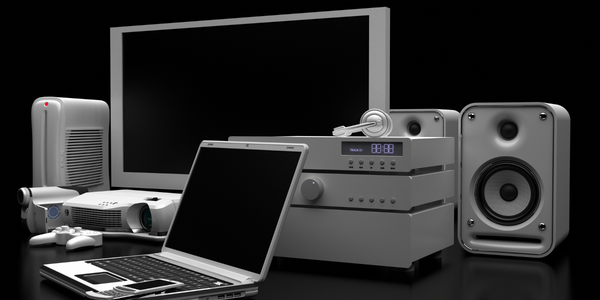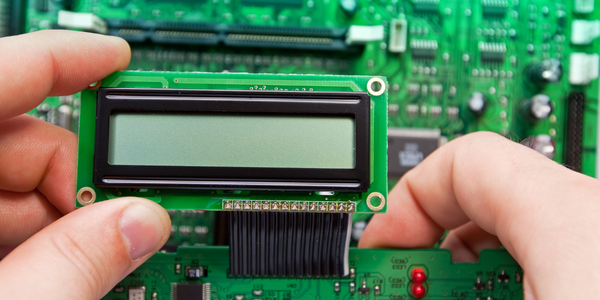下载PDF
Mack Technologies Achieves Wireless Control With LED Light

技术
- 功能应用 - 远程监控系统
适用行业
- 电子产品
适用功能
- 设施管理
用例
- 建筑能源管理
挑战
Mack Technologies 一直在研究更高效的照明,以满足积极降低运营成本的目标,但对更换数千个荧光灯的初始成本的担忧使制造商对转换持谨慎态度。 Mack Technologies 还希望成为企业社会责任的领导者。为此,该公司需要显着降低能源消耗并改善员工工作条件,同时最大限度地降低投资成本。
客户
麦克科技
关于客户
Mack Technologies 是复杂电子制造服务的领先供应商,在其位于马萨诸塞州韦斯特福德的工厂中为国防、电信和工业部门生产电子电路板
解决方案
Mack Technologies 认为,实现能源和运营效率的关键是利用变革性技术。知道 LED 照明以及 Daintree 智能照明控制代表了能源效率方面的重大创新,Mack Technologies 试图改造其位于马萨诸塞州韦斯特福德的 108,000 平方英尺的制造工厂。为了实现这一目标,该公司引入了 Bluestone Energy Services 来开发和执行综合 LED 照明和智能控制项目。意识到 ControlScope 的价值后,Mack 通过集成控件提高了 LED 转换的标准,从而显着提高了效率和灵活性。
收集的数据
Energy Consumption Rate, Energy Usage, Installation Diagnostics, Labor Costs, Lighting
运营影响
相关案例.

Case Study
Remote Temperature Monitoring of Perishable Goods Saves Money
RMONI was facing temperature monitoring challenges in a cold chain business. A cold chain must be established and maintained to ensure goods have been properly refrigerated during every step of the process, making temperature monitoring a critical business function. Manual registration practice can be very costly, labor intensive and prone to mistakes.

Case Study
Cloud Solution for Energy Management Platform-Schneider Electric
Schneider Electric required a cloud solution for its energy management platform to manage high computational operations, which were essential for catering to client requirements. As the business involves storage and analysis of huge amounts of data, the company also needed a convenient and scalable storage solution to facilitate operations efficiently.

Case Study
Leveraging the IoT to Gain a Competitive Edge in International Competition
Many large manufacturers in and outside Japan are competing for larger market share in the same space, expecting a growing demand for projectors in the areas of entertainment, which requires glamor and strong visual performance as well as digital signage that can attract people’s attention. “It is becoming more and more difficult to differentiate ourselves with stand-alone hardware products,” says Kazuyuki Kitagawa, Director of Service & Support at Panasonic AVC Networks. “In order for Panasonic to grow market share and overall business, it is essential for us to develop solutions that deliver significant added value.” Panasonic believes projection failure and quality deterioration should never happen. This is what and has driven them to make their projectors IoT-enabled. More specifically, Panasonic has developed a system that collects data from projectors, visualizes detailed operational statuses, and predicts issues and address them before failure occurs. Their projectors are embedded with a variety of sensors that measure power supply, voltage, video input/ output signals, intake/exhaust air temperatures, cooling fan operations, and light bulb operating time. These sensors have been used to make the projector more intelligent, automatically suspending operation when the temperature rises excessively, and automatically switching light bulbs. Although this was a great first step, Panasonic projectors were still not equipped with any capability to send the data over a network.








